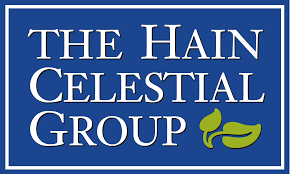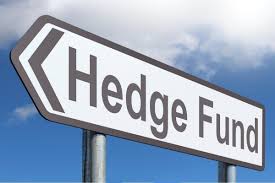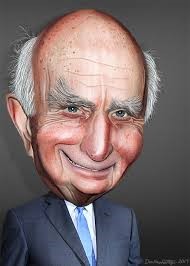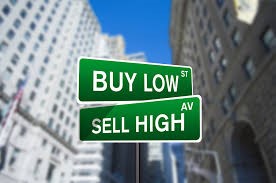In recent days, four Enstar Group Limited (ESGR) insiders -- the COO, CEO, CFO and President -- purchased a total of $7 million of their own stock on the open market.
After the close on Wed. March 13, Dominic F. Silvester, the...
On Friday, Engaged Capital LLC, a big holder of Hain Celestial Group, announced it bought $19 million more of HAIN, even though the stock had popped 10% over the previous couple days.
Often, corporate insiders buy into share weakness...
The stock market is being hit with record insider selling. WhaleWisdom's Weekly Sell/Buy ratio for the week ending Feb. 15 showed the highest ratio of selling by C-level officers compared to buying since early January 2014. It was also the 3rd highest reading/most selling since 2008. Last...
Investors who mimicked Hite Hedge Asset Management's long portfolio on Nov. 15 would have been up 29.49% through Feb 15., making Hite the top hedge fund for Q4.
Established in 2012, Quincy, MA-based Hite Hedge is focused on MLPs in the energy sector. The...
Between August of 2015 and April of 2018 Plantronics Inc. (PLT) director Brian Dexheimer sold $1.18 million of his company’s stock on the open market. Two days ago, he bought it all back.
On Feb. 5 the Santa Cruz-based headset maker reported earnings per share of $1.36, beating estimates by 68%. Revenue grew 122% year over year to $510.67 million.
Bill Stiritz may not have the name recognition of Jeff Bezos, Elon Musk or Warren Buffett, but the 84-year-old Non-Executive Chairman of Post Holdings, Inc. may be one of the greatest CEOs of the last half century.
An investment of $100 made in Ralston Purina in 1981 when Stiritz was named CEO, would have would have been worth $5,700 by 2000 -- a compound annual return of 20%.
Home Depot co-founder Ken Langone, 83, is famously frugal. In an interview with CNBC last year the multi-billionaire told of challenging the cable company’s $200 bill for his Manhattan apartment’s service. “The point I'm making is it's not that I'm cheap, it's just that I want to make sure I don't squander money," Langone says.
In the investing world, those with superior information usually make the most money. And possibly no group has better information on public companies – and profitably acts on it – than corporate insiders at small-cap biotech and medical technology companies.
When screening insider trades, my interest is always piqued when I see both top executives of a company buying shares. It implies that the two people with the best information on that company agree the shares are a good value.
That’s what just happened at FS KKR Capital Corp (FSK). Both the Chief Investment Officer (CIO) and the CEO, along with a director, purchased a total of $495,000 of their company’s stock.
If you’re an officer or director of a public company, this is your worst nightmare: You’re sipping coffee at work one morning when a FedEx package is dropped on your desk. Inside you find a letter from the SEC notifying you of a court date to answer charges of trading on inside information.
A scenario to be avoided for sure. However, here’s the problem: The U.S. has no insider trading laws. What? I can hear you saying, then how is it that white collar criminals do time for profiting from secret information? Good question.










